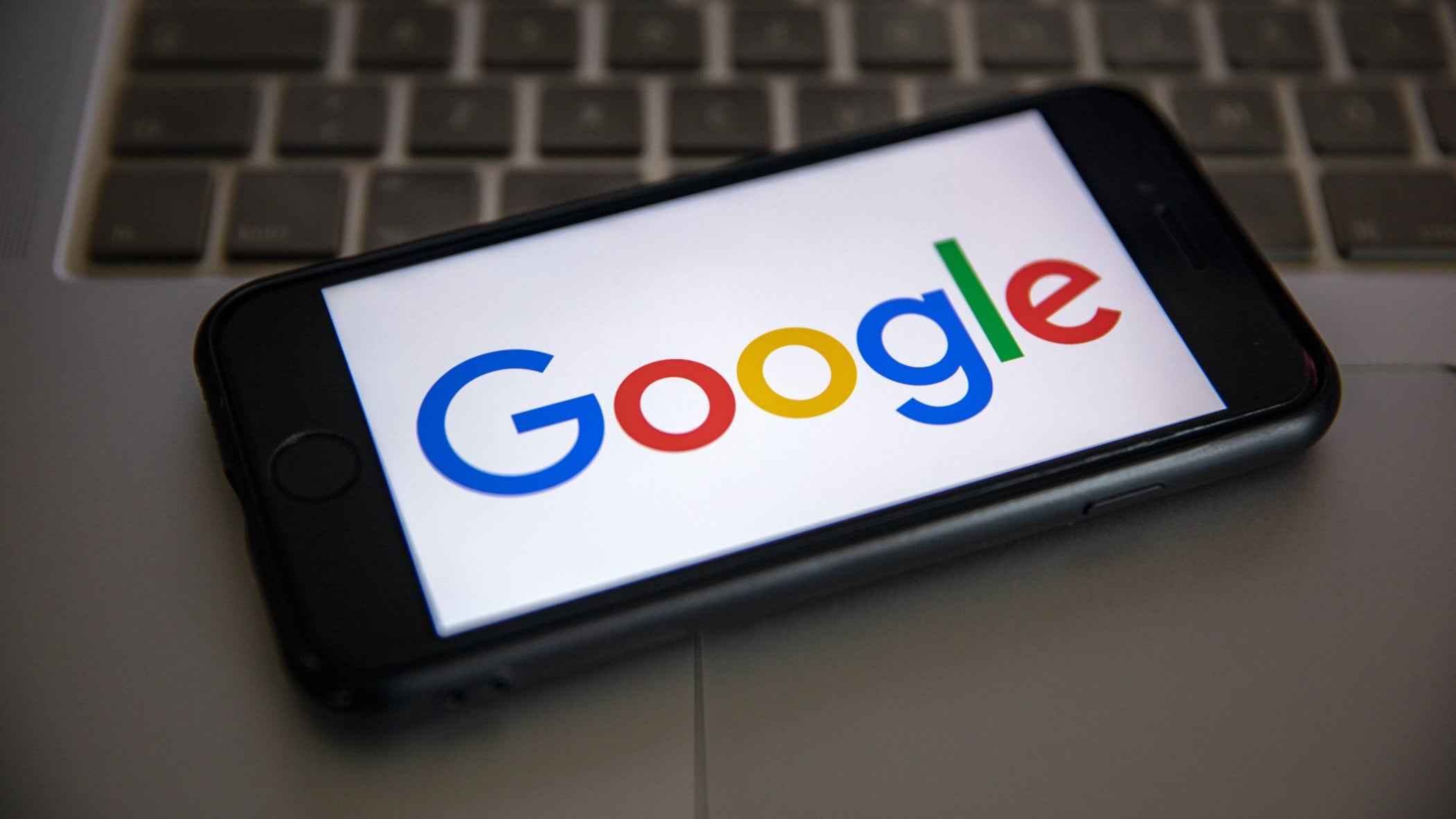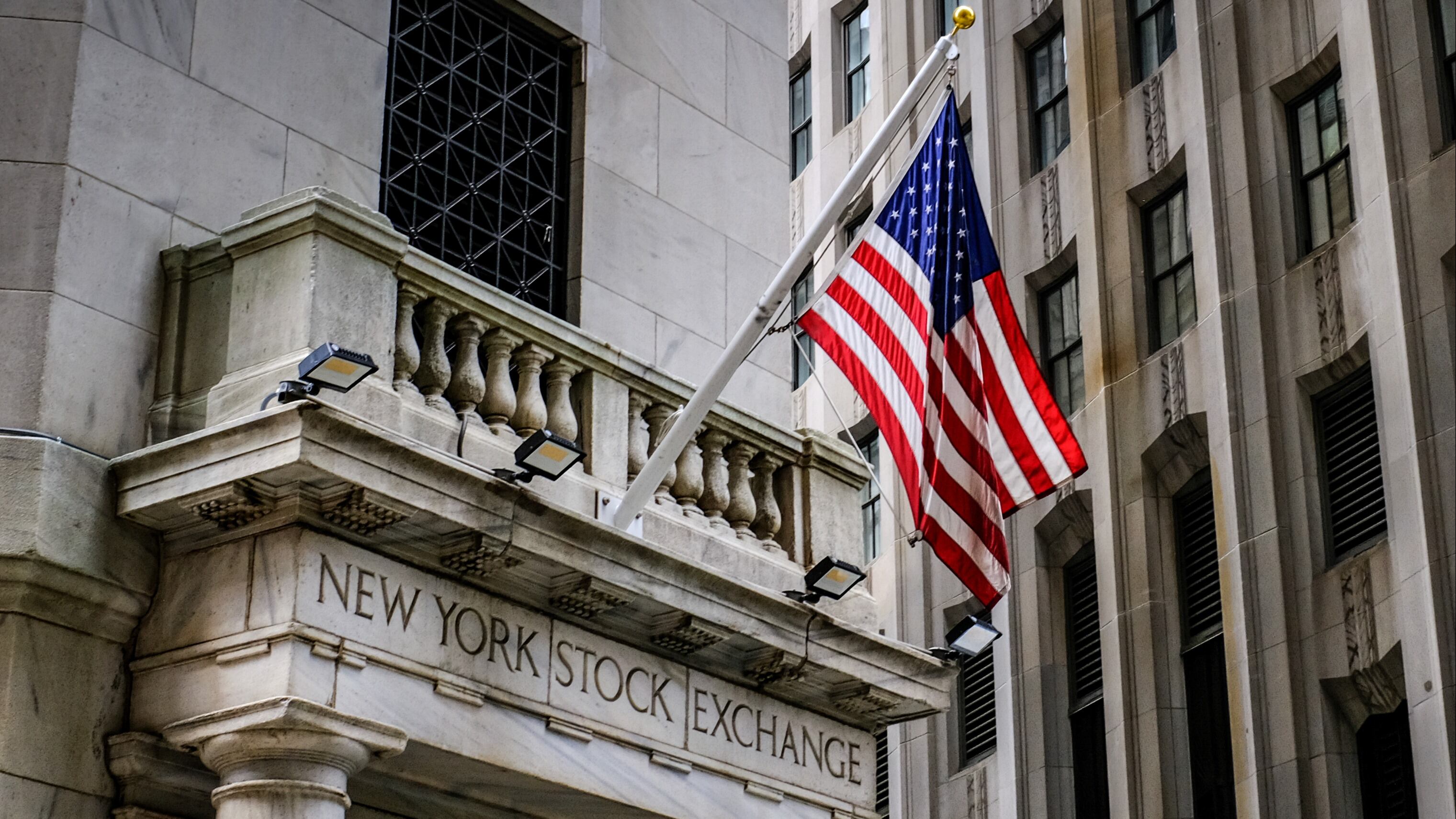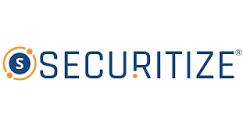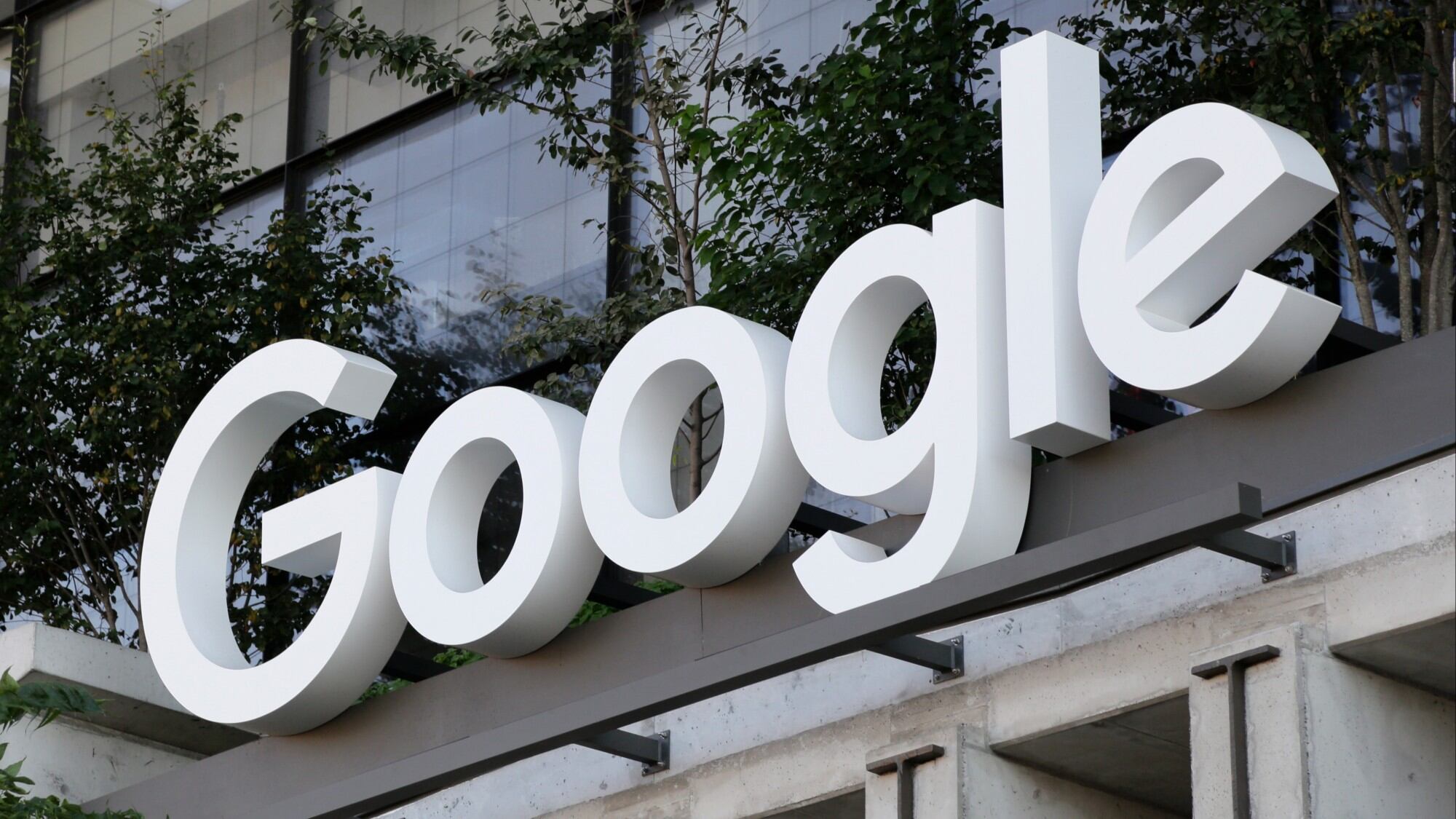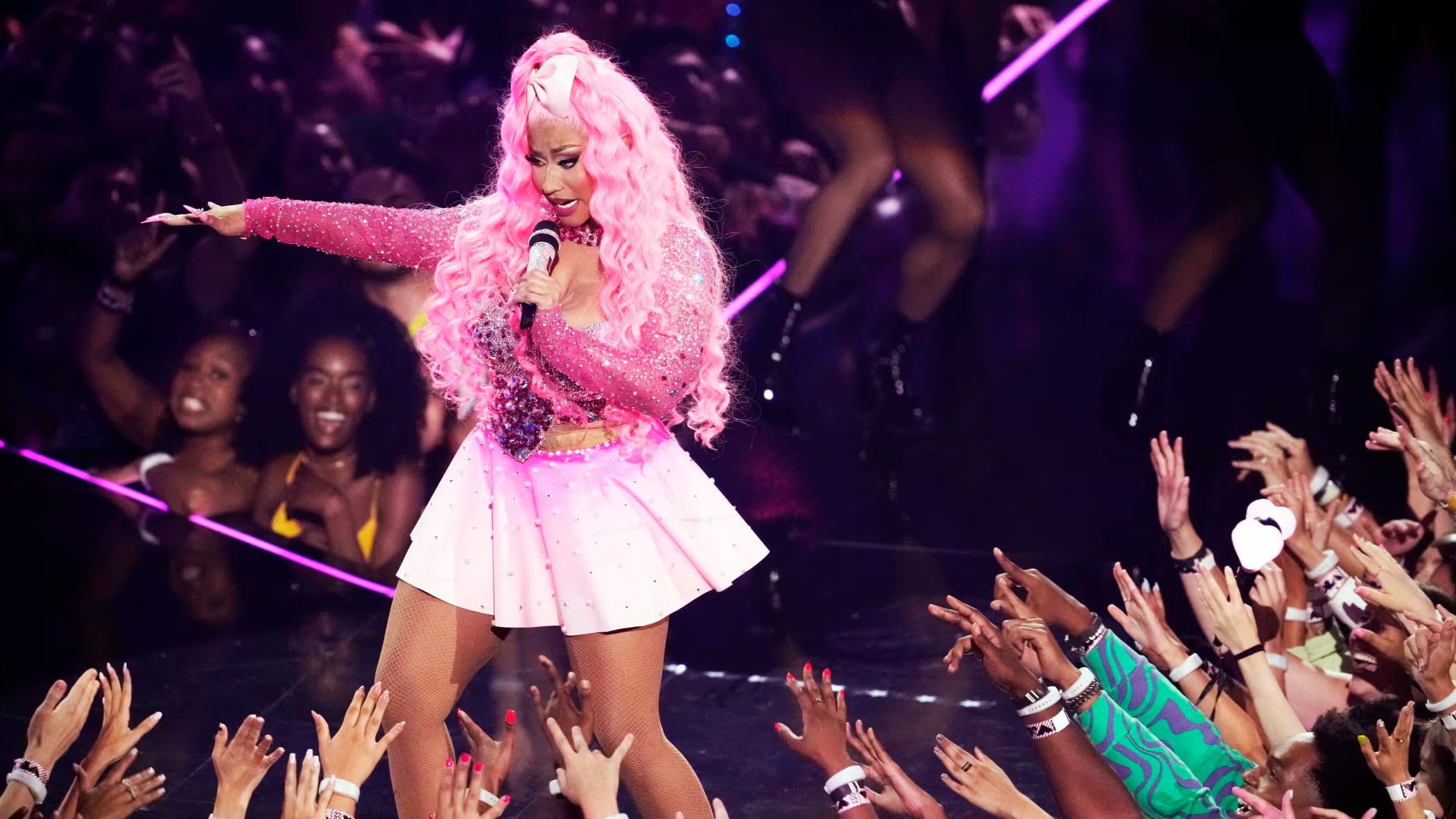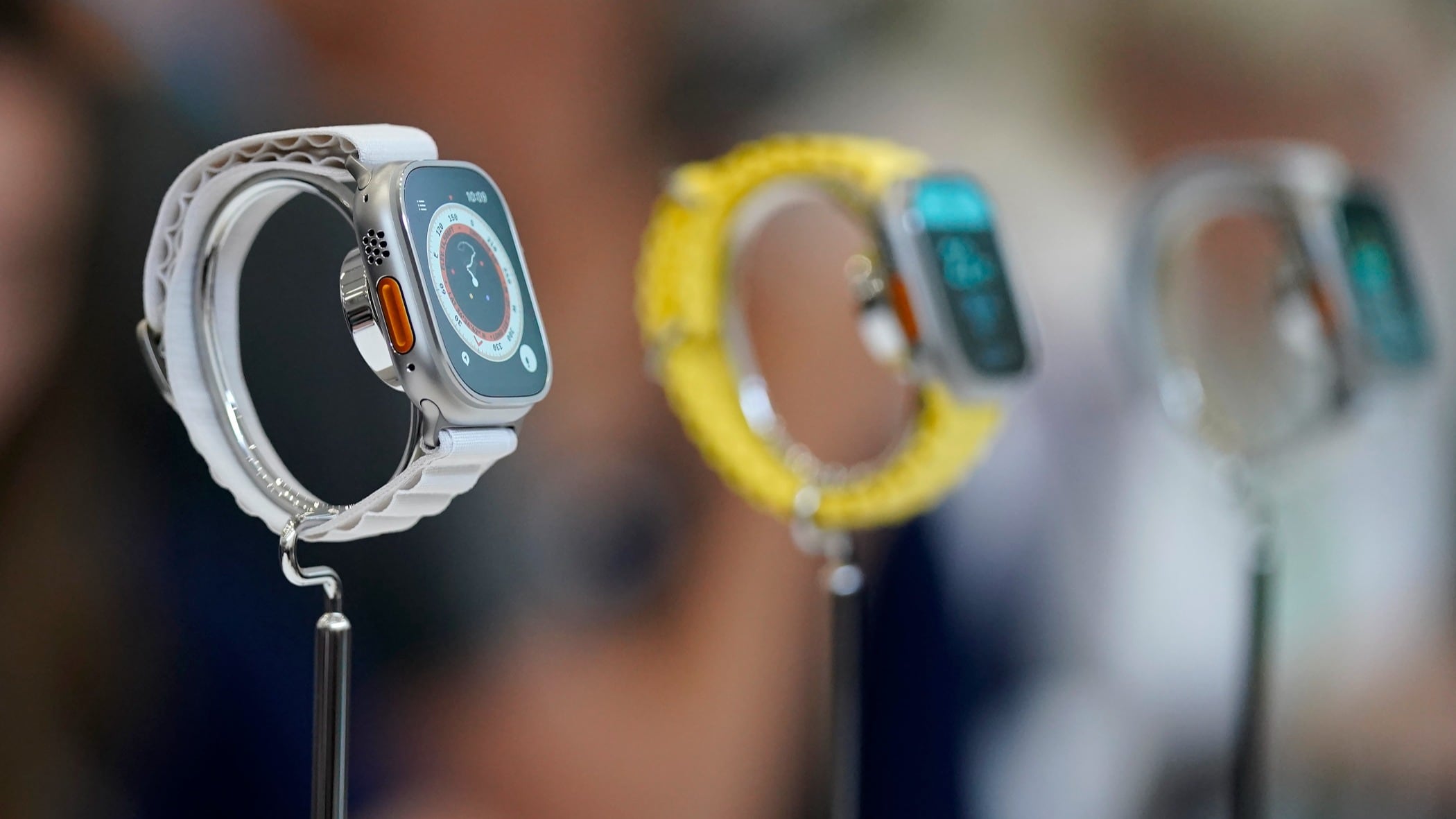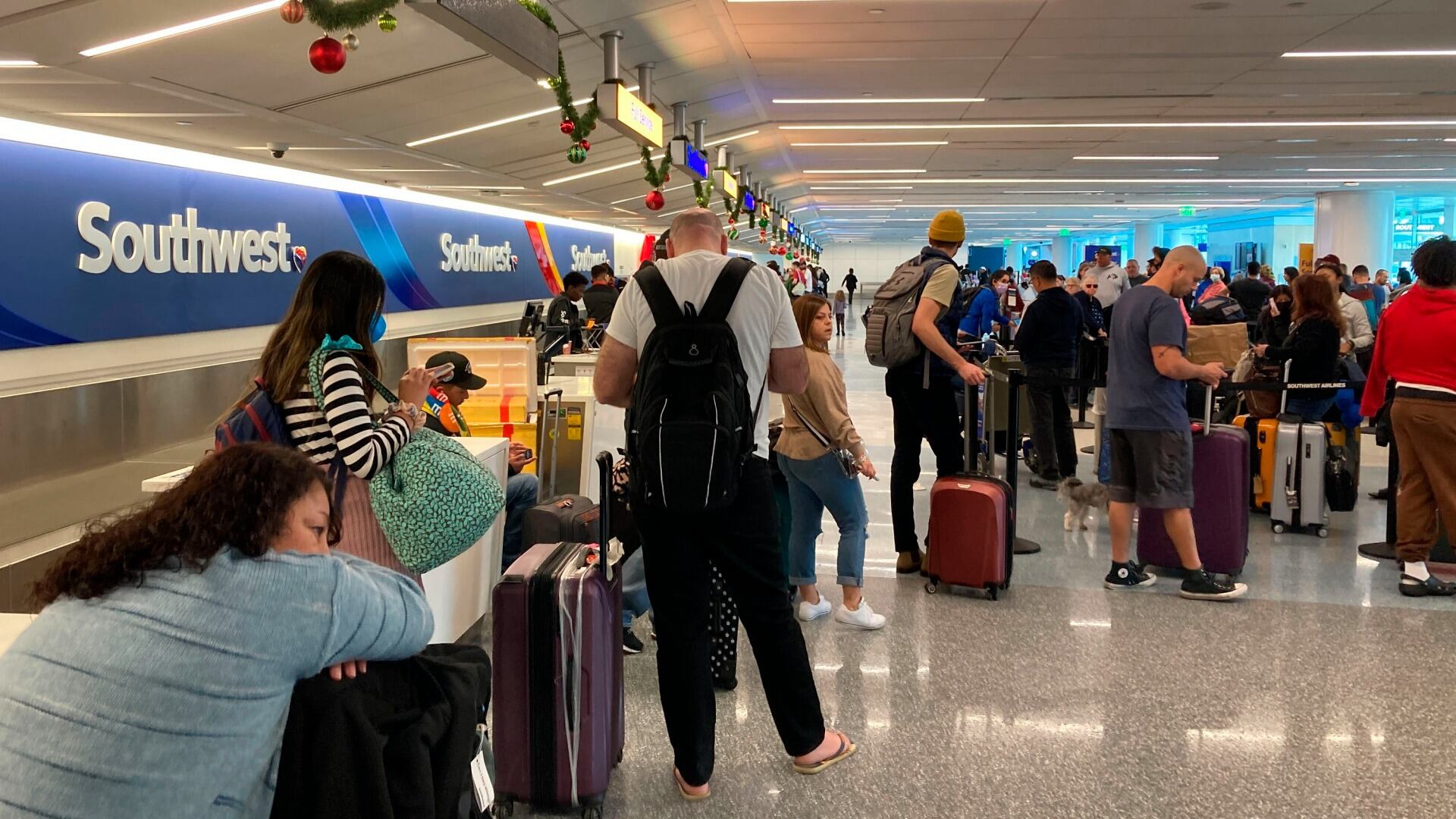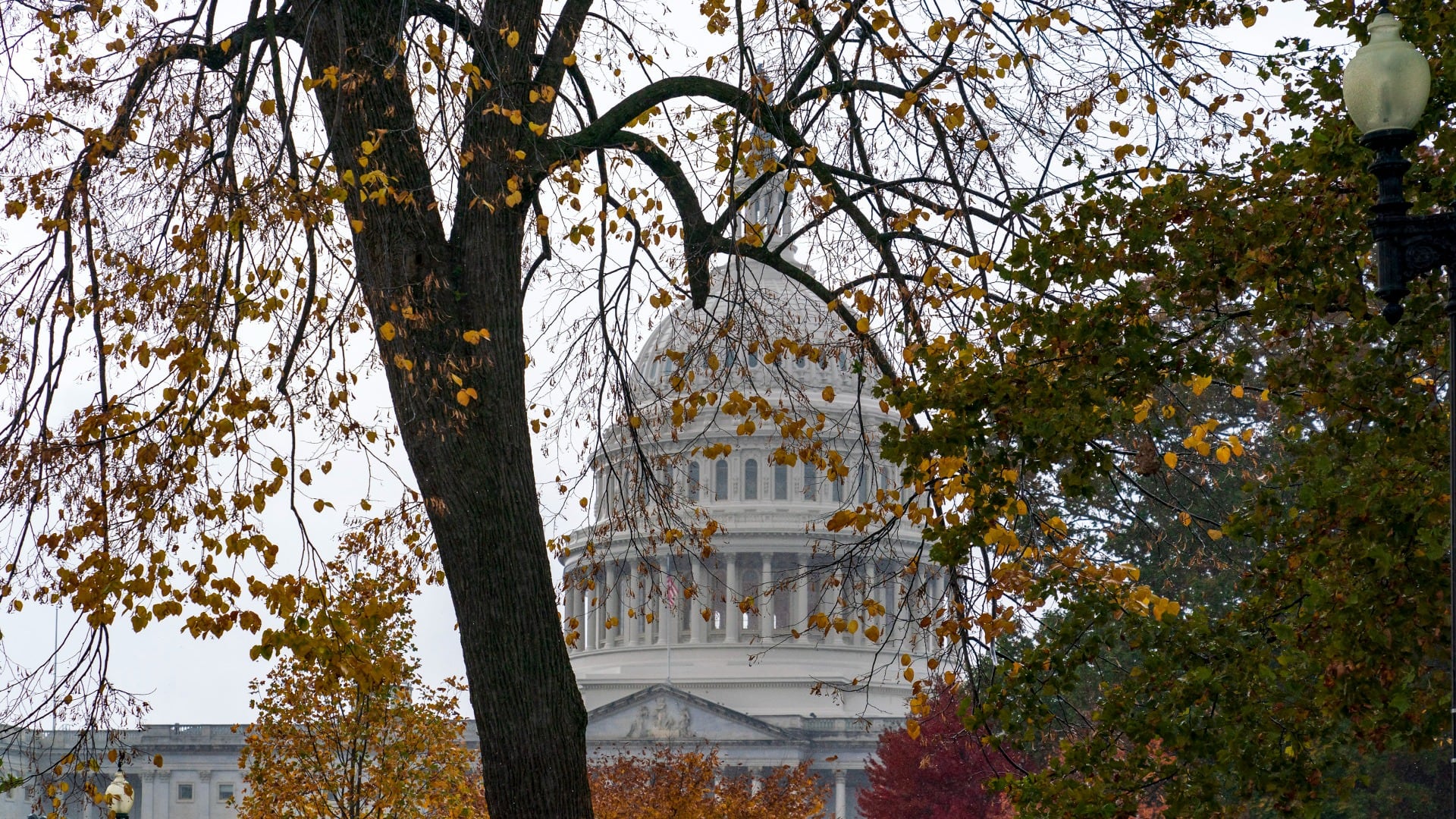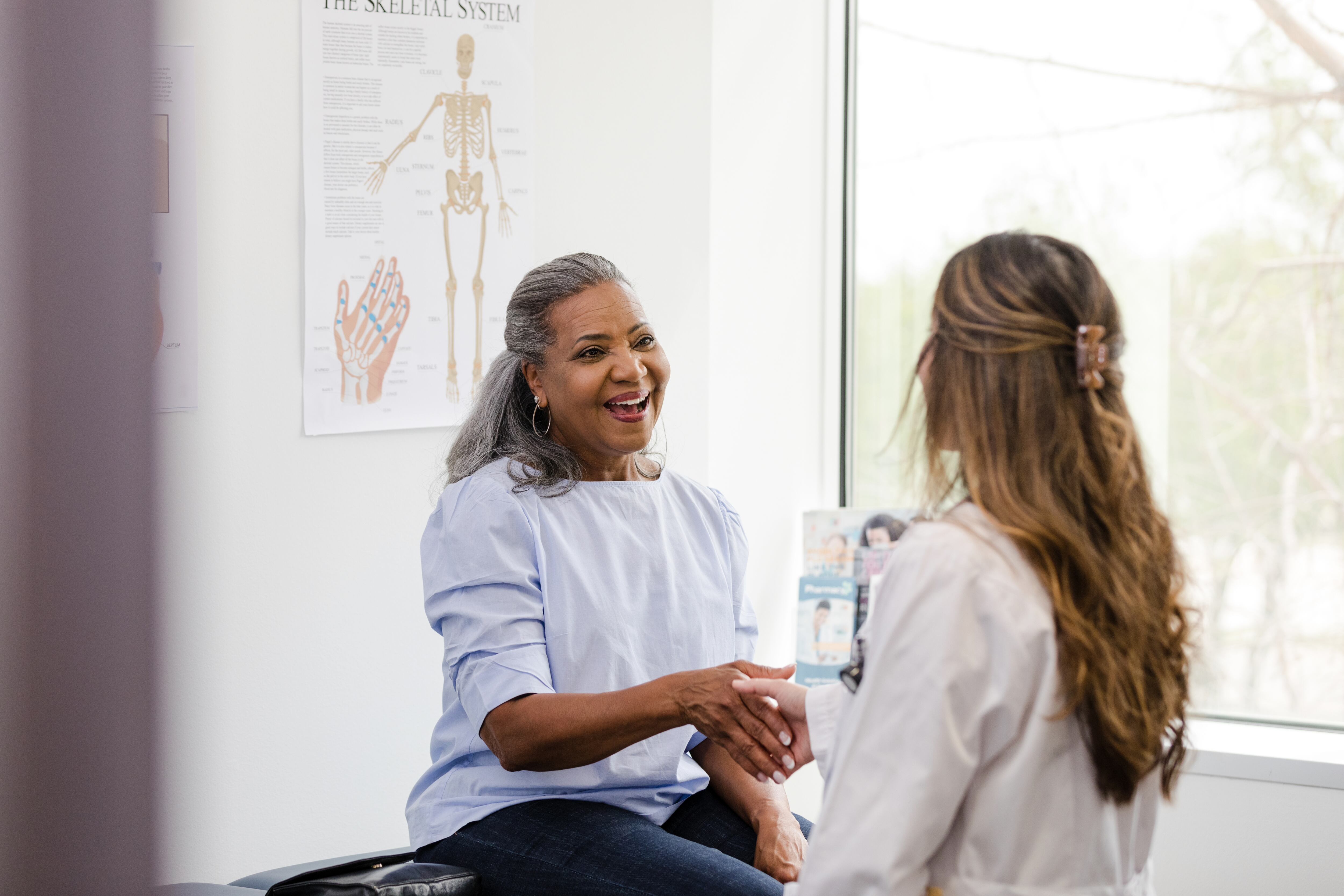The U.S. is seeing the biggest spike in demand for cold, hard cash since the Y2K “bug” panic of 1999, as customers of U.S. banks and credit unions have made big withdrawals to brace themselves for coronavirus fallout.
According to data by the Federal Reserve, the number of banknotes in circulation rose by $35 billion, from $1.808 trillion on March 11 to $1.843 trillion on March 18.
Last week the Federal Deposit Insurance Corporation, the agency that insures bank deposits and protects customers from any losses, urged people to keep their cash in the bank. FDIC Chairman Jelena McWilliams told Cheddar Wednesday that money in insured institutions will be safe, "even if we need to go above and beyond the bank assets to pay out depositors and then replenish the funds.”
The FDIC historically has insured customer deposits up to $250,000 per depositor at FDIC-insured institutions.
McWilliams said the agency doesn’t currently anticipate any bank failures directly resulting from the coronavirus pandemic and that despite the spike in cash withdrawals the FDIC isn’t worried about the system or financial stability of the U.S. The big banks themselves have also insisted they won’t need bailouts.
Nevertheless, the $2 trillion coronavirus stimulus bill, signed into law on Friday, includes a provision allowing the FDIC to insure deposits that total more than $250,000.
Updated March 31 to clarify that the FDIC does not anticipate any bank failures directly resulting from the coronavirus pandemic.
Google has agreed to pay $700 million to settle an anti-trust settlement.
Stocks were up after the closing bell as Wall Street continued to pin their hopes on rate cuts after last week's comments from the Fed.
Cheddar News' Need2Know is brought to you by Securitize, which helps unlock broader access to alternative investments in private businesses, funds, and other alternative assets. The private credit boom is here and the Hamilton Lane Senior Credit Opportunities Fund has tripled in assets under management in just six months from November 2022 through April this year. Visit Securitize.io to learn more.
Google has agreed to pay $700 million and make several other concessions to settle allegations that it had been stifling competition against its Android app store — the same issue that went to trial in another case that could result in even bigger changes.
Nicki Minaj just reached a milestone that no other woman in rap has reached.
Apple announced that starting this week, it will stop selling some versions of the Apple watch in the U.S.
Southwest Airlines will pay a $35 million fine as part of a $140 million settlement to resolve a federal investigation into a debacle in December 2022 when the airline canceled thousands of flights and stranded more than 2 million travelers over the holidays.
The House of Representatives recently passed a bill aimed at increasing transparency in healthcare.
If you have a flexible spending account, here's some short information for you so you don't leave money on the table.
With high healthcare costs, bills can quickly add up. In some cases, it is possible to negotiate your medical bills. Barak Richman, law professor at George Washington University, joined Cheddar News to discuss the easiest way to talk to medical debt companies about what's owed.
